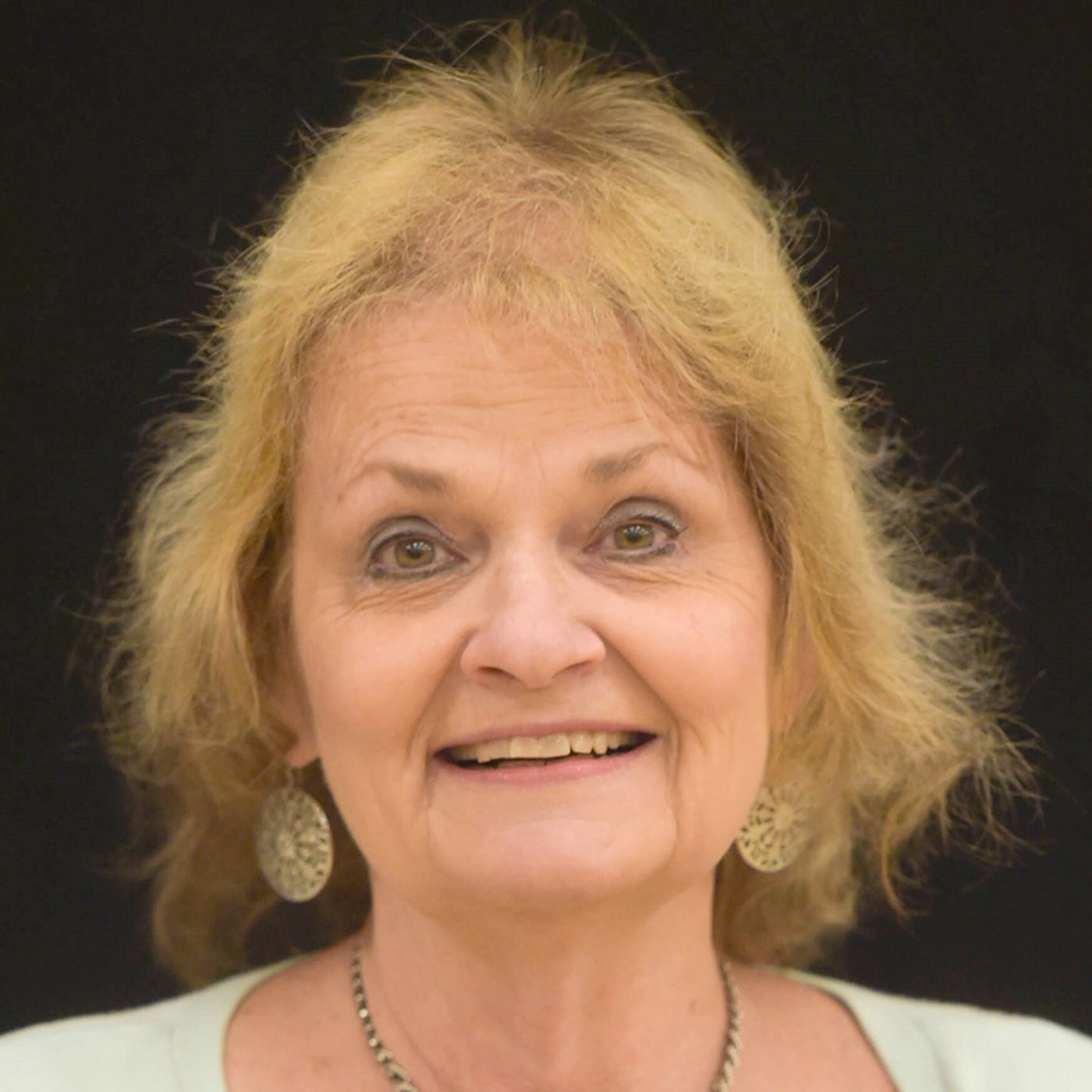Students’ mental health, substance abuse should be focus of parents
Published 7:00 am Saturday, May 22, 2021
Kathy L. Miles
Coordinator, Boyle County Agency for Substance Abuse Policy, Inc.
The end of the most unusual school year in recent history is almost here. Students, parents, teachers and administrators, and other experts are still evaluating the effects of this academic year. Parents are preparing for summer, in all the ways necessary for their family. Those preparations may include arranging for child care, summer camp planning, assisting in finding summer jobs and internships for older teens, vacations, and then – maybe all too soon – preparation for next school year. Summers are short, and parents often find it difficult to do everything on their list.
What might not be so obvious is that prevention of substance use and mental health problems should also be on every parent’s summer list. The pandemic prevented schools from doing some of the education and prevention programs they might otherwise have done in the past school year. And, the effects of the pandemic appear to also have led to more mental health problems in both youth and adults. Parents remain the most important people in teaching and modeling what kids need to know and do to prevent serious problems.
So, what do the experts who study the solid research have to tell us about things that parents might do this summer?
Without exception, all of them say parents must first model healthy behaviors themselves. That includes looking at their own substance use, stress management, and appropriate help-seeking when they need outside professional treatment.
Actions are often said to speak louder than words, and it certainly applies when it comes to these issues. It also includes modeling appropriate respect for the proper use of prescription and over-the-counter medications. It’s easy to overlook the potential dangers of nonprescription medications; but when easily available in the home, they can be dangerously misused.
Research also informs us that making time to listen and talk to kids is critical for parents in the prevention process.
Carving out times to listen to what struggles youth are having, and how they see the solutions may mean something very different than having a “We’ve got to talk” time. It may mean finding opportunities on the go while driving to practices and other events, or while doing chores together. Experts do agree that the importance of family meals together cannot be ignored. Meals are important times for parents and kids of all ages to put down their phones, slow down, look at each other, tell stories, and talk about the day.
Because the past year involved so much time online for kids and parents, some parents may be finding that they lost track of what sites their children were visiting, and how much time was spent in harmful activities online. Prevention specialists say that parents can’t relax their responsibilities when it comes to the internet. Too much bad information is on the web. One significant example happened last fall when a TikTok Challenge encouraged kids to take high doses of over-the-counter Benadryl, in order to have hallucinations. The results across the country included several hospitalizations and an alleged overdose and death. Too much time online also keeps kids from doing more productive things that will improve their mental and physical health.
The research continues to accumulate that the longer parents can delay their children’s use of alcohol and other substances, the more they are protecting the developing brains, and in doing so, are decreasing kids’ chances of developing a substance use and/or mental health disorder. Age does matter when it comes to first use of substances.
Finding alternative activities and opportunities for healthy fun and positive risk-taking is an important task of being a good parent.
Many resources exist to help parents do the prevention work that is critical in their children’s lives. Two excellent websites are www.drugfree.org, and the website of The American Academy of Pediatrics www.healthychildren.org.
Jessica Lahey’s recent book, “The Addiction Innoculation: Raising Healthy Kids in a Culture of Dependence”, is full of valuable parenting assistance.
What is consistent across all the best advice on the prevention of substance use and mental health problems? Parents must be in the fight to prevent the problems of the present and the future. It’s a summer job that lasts all year.





